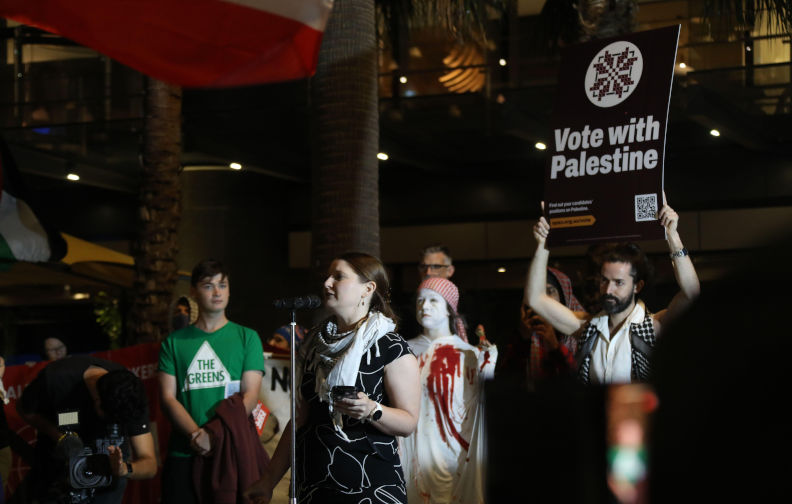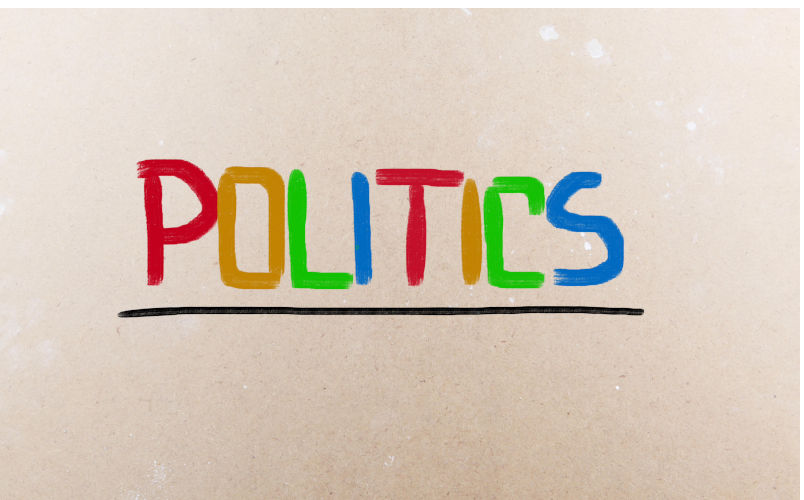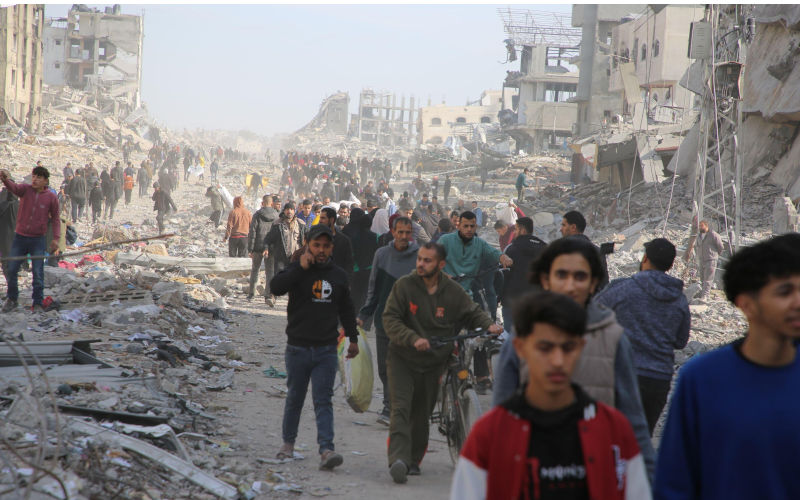
15 May 2025
Multiple Western press outlets have suddenly pivoted hard against Israel israel-palestine, media, politics, world
After a year and a half of genocidal atrocities, the editorial boards of numerous British press outlets have suddenly come out hard against Israel’s genocidal onslaught in Gaza.
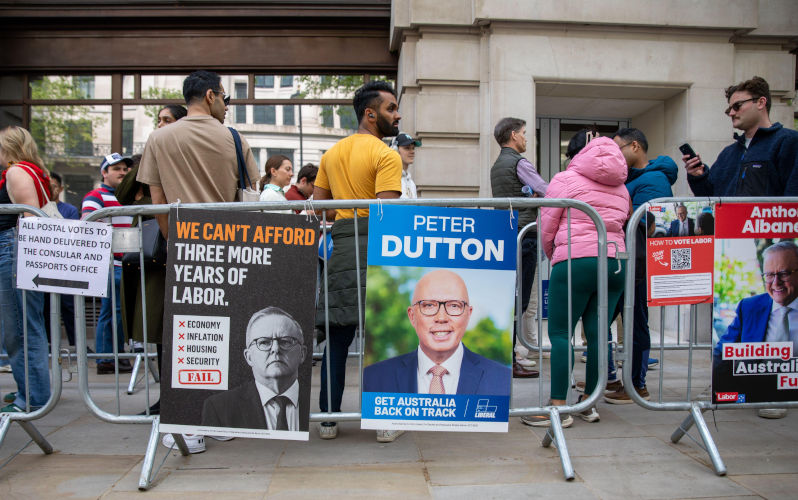
15 May 2025
It was supposed to be the cost-of-living election. But then Dutton showed up
Talk about the dog that didn’t bark. Cast your mind back to the distant days of the election campaign, and you’ll dimly remember how often we were told that polling revealed the only subject hard-pressed voters were interested in discussing was the cost of living.
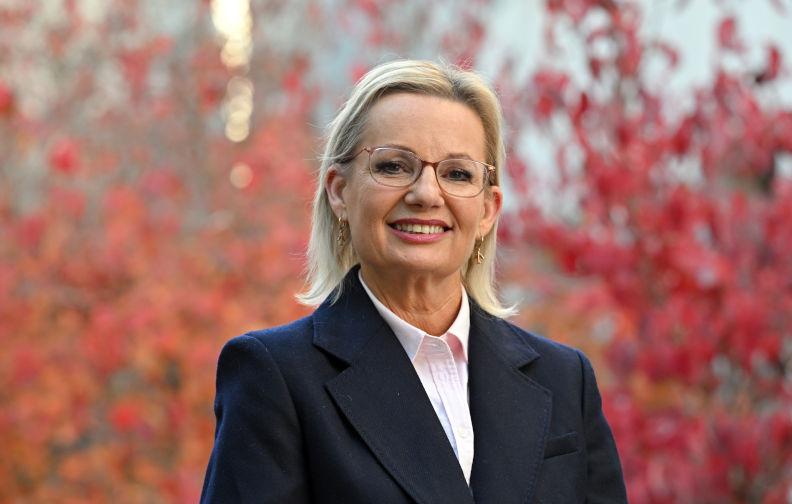
15 May 2025
From nuclear to nature laws, here’s where Ley stands on four energy and environment flashpoints
Sussan Ley has been elected Liberal leader after defeating rival Angus Taylor in a party room vote on 13 May. Now the hard work of rebuilding the party can begin.

Israel's war against Gaza
Media coverage of the war in Gaza since October 2023 has spread a series of lies propagated by Israel and the United States. This publication presents information, analysis, clarification, views and perspectives largely unavailable in mainstream media in Australia and elsewhere.
Download the PDF
15 May 2025
'A brazen, unprecedented power grab': Trump fires copyright office head
The reported firing of Register of Copyrights and director of the US Copyright Office Shira Perlmutter comes on the heels of Trump's dismissal of Librarian of Congress Carla Hayden.
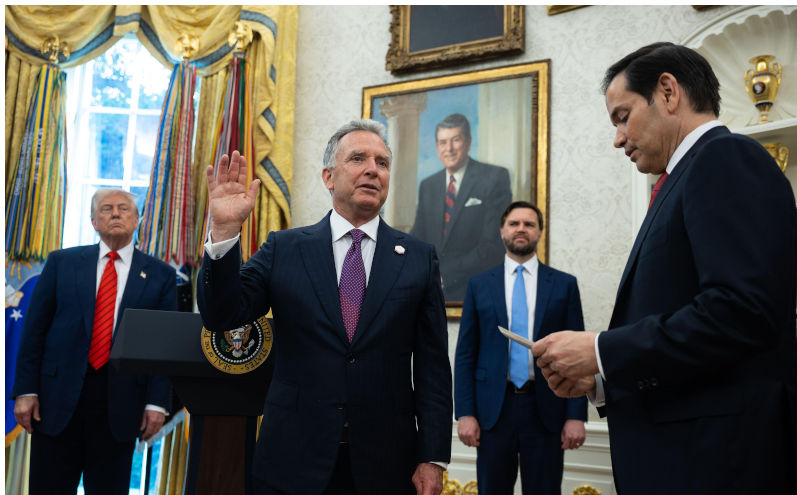
15 May 2025
The first-ever historic agreement between the US and Hamas – with Netanyahu in a secondary role
The direct talks between the United States and Hamas took Israel by surprise and led to an agreement that resulted in the release of the Israeli-American captive Edan Alexander.

15 May 2025
An open letter to the Australian PM from a child of Holocaust survivors
Dear Anthony Albanese, I am a child of Holocaust survivors. More than 95% of my extended family perished during World War II in Nazi extermination camps while others were killed by mobile death squads or through starvation in a number of ghettoes.

15 May 2025
Is government a good 'parent' to foster kids?
Australian Governments have an opportunity to make a huge positive difference in the lives of the young people who grow up in its care. All that is needed is one simple change.
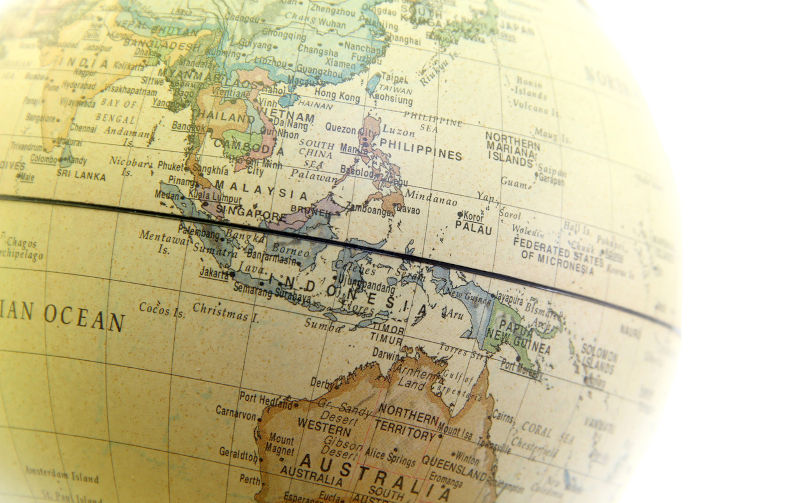
14 May 2025
Australia’s misunderstanding of the Asian Century
In October 2012, Prime Minister Julia Gillard released a white paper titled Australia in the Asian Century.

14 May 2025
Bowen confirmed as climate and energy minister, Watt gets environment
Chris Bowen has been confirmed as climate and energy minister in the new Albanese Government, while Murray Watt has been appointed minister for the environment and water as part of a reshuffle announced on Monday.
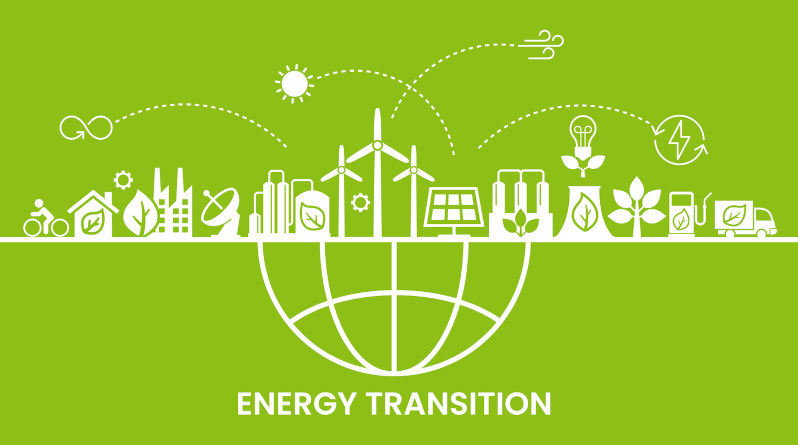
14 May 2025
After the 2025 election: Energy transition and restoration of Australian growth
An historic election Australia has had insecure governments looking over their shoulders at political threat for one and a half decades. None of the Gillard, Abbott, Turnbull, Morrison and first term Albanese Governments had substantial majorities in the House of Representatives. None ever stood so high in electoral standing that it felt able to take the risk of implementing policy reform in the public interest that could be distorted for their opposition’s political benefit. None had a chance to develop policies in the national interest that take years to mature and to win broadly based electoral support.
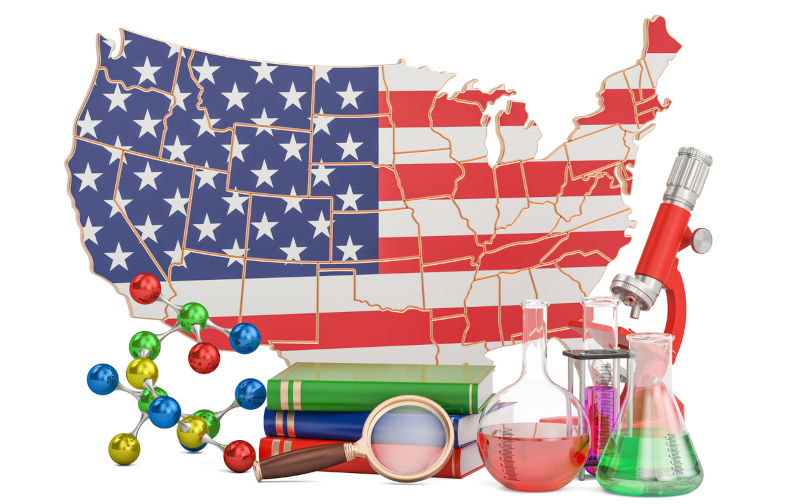
14 May 2025
The US war on science
Sadly, largely due to the media’s lack of interest in science and the drop in the number of journalists able to cover such a round, one of the most important stories about science — the Trump destruction of science — is largely being neglected.
Latest on Palestine and Israel

15 May 2025
Multiple Western press outlets have suddenly pivoted hard against Israel
After a year and a half of genocidal atrocities, the editorial boards of numerous British press outlets have suddenly come out hard against Israel’s genocidal onslaught in Gaza.

15 May 2025
The first-ever historic agreement between the US and Hamas – with Netanyahu in a secondary role
The direct talks between the United States and Hamas took Israel by surprise and led to an agreement that resulted in the release of the Israeli-American captive Edan Alexander.

15 May 2025
An open letter to the Australian PM from a child of Holocaust survivors
Dear Anthony Albanese, I am a child of Holocaust survivors. More than 95% of my extended family perished during World War II in Nazi extermination camps while others were killed by mobile death squads or through starvation in a number of ghettoes.
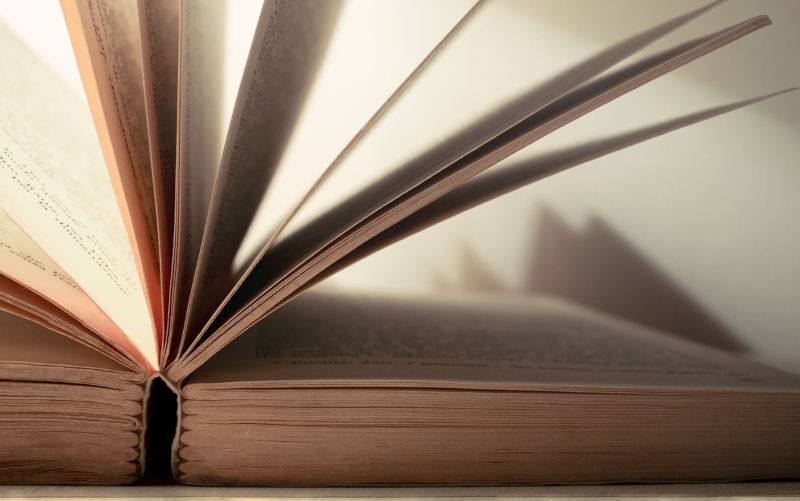
14 May 2025
Samah Sabawi – Cactus Pear for My Beloved
This 2024 Penguin publication is a highly personal account of the history of Palestinian dispossession.

12 May 2025
Mark Leibler on his lobbying power
In a speech he delivered back in 2018, Mark Leibler lays out how he exerts influence, from trying to block Bob Carr's efforts on recognition of a Palestinian State to watching ABC correspondent Sophie McNeill in order to change her coverage of the Middle East.

11 May 2025
At the ICJ, only US and Hungary back Israel starving Gaza
Thirty-seven states, the UN and international NGOs all condemned Israel’s denial of aid to the starving people of Gaza at the International Court of Justice in the first week of May.

10 May 2025
'This isn't me': Israeli war and healthcare collapse leave Gaza child unrecognisable
Under a tightening Israeli siege, Palestinian girl Rahaf Ayyad struggles with physical and emotional changes, as her mother fights for answers.

9 May 2025
Aid to Gaza: Moral and political dilemmas for Australia
Amidst preparations for a renewed assault intended to allow permanent Israeli occupation of Gaza, Israel and the United States are also about to establish a mechanism through which humanitarian aid will henceforth be distributed exclusively by private firms protected by the Israeli military.

Support our independent media with your donation
Pearls and Irritations leads the way in raising and analysing vital issues often neglected in mainstream media. Your contribution supports our independence and quality commentary on matters importance to Australia and our region.
DonateLatest on China

13 May 2025
Trump’s USAID cuts only accelerate the West’s miserly convergence with China china, economy, politics, usa
Critics of the Trump administration’s assault on foreign aid warn that it will undermine the United States’ capacity to compete with China.

12 May 2025
Shell-shocked voters of US allies choose stability over disruption
Rather than left- or right-leaning political parties, citizens in Singapore, Australia and Canada chose steady hands to navigate geopolitical turbulence.

10 May 2025
China touts new law as foundation for private sector growth
A week after the passage of a law on China’s private economy, officials said the bill would unleash the potential of the non-state sector.
More from Pearls and Irritations
Latest letters to the editor
The light has finally dawned on the mainstream press
Geoff Taylor — Perth
Reading Trump
Bob Pearce — Adelaide SA
Sawsan Madina nearly said it all
Jenny Goldie — Cooma NSW
What democracy?
Bob Pearce — Adelaide SA
